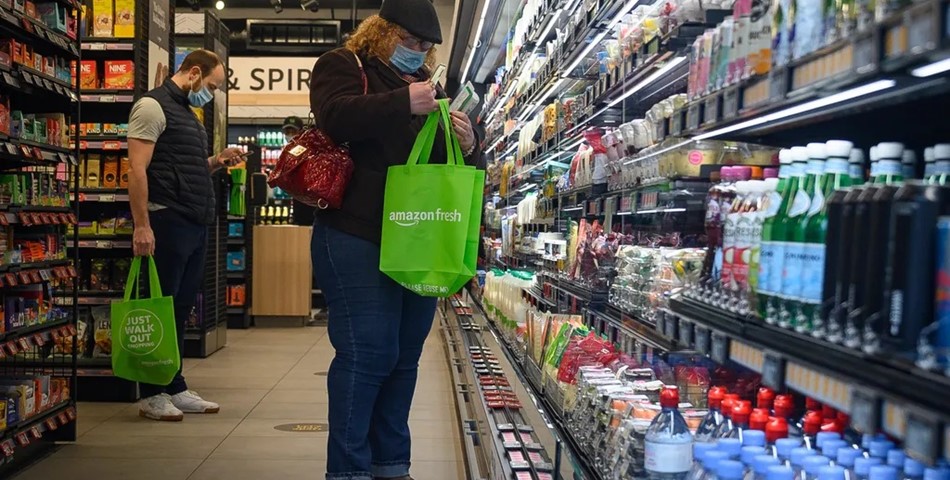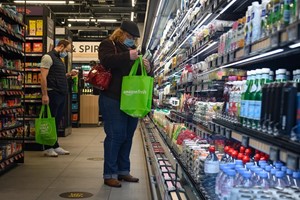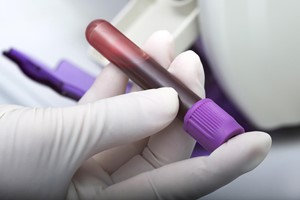LONDON — The U.K. is postponing checks on imported food and fresh products from the EU until the end of 2023, as it announced a review of the post-Brexit regime.
The controls were due to be introduced in July this year, but the government said Thursday that the review will look at how to implement the remaining checks “in an improved way” and that its conclusions will be published in the fall, with the new control’s regime coming into force by the end of next year.
It marks the fourth time Britain has delayed the introduction of sanitary and phytosanitary (SPS) checks on EU imports. Ministers justified previous delays by citing the need to give businesses in the EU more time to adapt to the new requirements, and for ports to build the necessary infrastructure.
Brexit Opportunities Minister Jacob Rees-Mogg said businesses will now be able to focus on recovering from the pandemic, tackling global supply chain issues and ensuring new costs are not passed on to consumers.
“It’s vital that we have the right import controls regime in place, so we’ll now be working with industry to review these remaining controls so that they best suit the U.K.’s own interests,” he said in a statement.
And Rees-Mogg added: “We want the process for importing goods from the EU to be safe, secure, and efficient and we want to harness innovative new technologies to streamline processes and reduce frictions. It’s precisely because of Brexit that we’re able to build this U.K.-focussed system.”
Controls introduced in January on the highest risk imports of animals, animal products, plants and plant products will remain in place, the government said.
Parts of the logistics industry had called for more time and less burdensome requirements as the checks loomed.
But another delay will have financial repercussions for U.K. ports, most of who will need to recoup operating costs for the border infrastructure they’ve already built to carry out the checks, according to the British Ports Association (BPA). Ports normally do this through levying a charge on importers — but that’s not an option in the event of another delay.
Richard Ballantyne, chief executive of the BPA, said port operators were now "urgently seeking clarification from policy makers if there will be any type of financial assistance or compensation for ports and also if operators can start to bulldozer the facilities and use the sites for other purposes.”
Other business groups welcomed the move but urged the government to go further amid ongoing trade disruption. William Bain, head of trade policy at the British Chambers of Commerce, said the delay was “sensible," and called for all food-related paperwork between the EU and Great Britain to be scrapped” through a negotiated agreement on rules for trade in animal and plant products."
“That would be the best way to cut costs for our exporters and boost trade to the EU which has remained stubbornly flat over the last 9 months," he added.
Food mostly imported from the EU, such as fresh pork, tomatoes and jam, saw bigger price rises than those such as tuna fish and pineapples which mostly come from elsewhere.
British consumer price inflation hit a 30-year high of 7% in March, according to official data, and the cost of food is almost 10% higher than a year ago.
"While Brexit is not the main driver of rising inflation or the 'cost of living' crisis, this report provides clear evidence that it has led to a substantial increase in food prices, which will hit the poorest families hardest," said Jonathan Portes of UK in a Changing Europe, an academic body which supported the research.












